Hello, you lovely brains! The spring thaw has begun! Coming out of hibernation this year feels especially untamed. Like, it snowed a foot, was 83 degrees and sunny, and snowed again in the space of about a week. The neighborhood I grew up in is sandbagging their submerged roads to guide the mountain runoff.
Being snowbound for the better part of five months starts to wear. Grousing about the weather, I felt like a pioneer foremother with modern-day amenities, curled underneath my heated blanket. This winter I even made it a point to get out on my front porch first thing in the morning to get as many sun rays as I could to repair my circadian rhythms. Bundled and gloved, I’d groggily greet the diffused light, even in shudderingly cold temps.
I found myself engrossed in fighting the same old fight—doing what’s good for me while not overdoing it.
For me, weather shifts take a real toll on more than my mood. Changes in barometric pressure send my body into symptomland. I’ve looked forward to spring all year, and now that it’s here, I’m having trouble adjusting. My resolution to spend as much time outdoors as possible the other day met me with a sun rash, and I found myself engrossed in fighting the same old fight—doing what’s good for me while not overdoing it.
When you are trying to heal, you have to be willing to possibly get hurt. Unfortunately it just seems to be part of the process in an imperfect world. No treatment is infallible nor guaranteed to help, much less not harm. This is a tough truth. After the pain of injury, it feels like the line from injury to repair should be straight. The additional insult comes when those who are hired to help hurt.
The idea that medical intervention can hurt the patient in the process of treatment is called iatrogenesis. I have had this happen multiple times as I have tried treatment provider after treatment provider. The treatment might even be good, while the provider is not—a provider’s skilled practices, wisdom, or personality might not be the best for me and my particular body.
I used to hate days that were that grey kind of partly cloudy.
Similarly bitter is the experience of being the person trying to apply best principles and not being able to get it just right. Do I stay up even though I’m exhausted so I can properly initiate sleep or do I take the nap to avoid sending my body into symptom overload and crashing tomorrow? Do I do this treatment or that treatment even though I know it might cause anxiety or an adverse emotional reaction? Nothing hits quite like a soft piece of bread, but it flares my eczema. Religiously abstaining from comfort foods is what would benefit my gut the most, but I can only go so long without a brownie.
I used to hate days that were that grey kind of partly cloudy. A little bit of sun, but mostly clouds and maybe murky rain. I especially hated the word fine. Just be ONE THING. Don’t be vague. Make up your mind, I’d effectively shout to the heavens. Fine tells me nothing. Give me the real stuff, the emotion behind the smile. Don’t leave me wondering what’s really going on.
All of this is an exercise in tolerating uncertainty, which, human brains in general aren’t inclined to like very much. In fact uncertainty decreases focus and working memory, overall increasing cognitive load. As an OCD-having human, I probably have a higher intolerance for uncertainty than average. From the first article I hyperlinked above, I now know there is a metacognitive tool for dealing with uncertainty—the Rumsfeld Matrix. Dealing with uncertainty isn’t all or nothing, apparently (ha! would that it were). Knowledge or lack of it can be diagrammed, and uncertainty can be dealt with in more productive and less cognitively exhausting ways. (You’ll find me over here trying to strengthen my brain from now to eternity!)
It’s helpful for me to conceive of my health as weather, as a wintry mix of snow followed by searing sunny days and patches of rapidly moving clouds. Some days will bear down with all the fury of a blizzard, and others will be just a meh middling gray old day. Each type of weather simply requires different gear. Note to self: Not every treatment will be smooth and healing may continue to be uneven; it’s okay to proceed with caution tempered by optimism. Rainy days aren’t failures; neither are sunburns. You just need an umbrella and sunscreen. Next time, plan accordingly.
And p.s. Dappled sunlight on swaths of green countryside or mountains happens to be one of your favorite things in the whole world—that couldn’t happen without a partly cloudy sky.
Okay, if you feel crushed by futility in any area of your life, you’ll enjoy the work of TikToker Amanda Dodson, who is a therapist and professional organizer. I loved her interview with K. C. Davis about low-energy self-care.
I’m reading poems tonight with a crew of incredible poets! Register here.
BCC Press has been sharing some of my work on their Instagram, and it warms my heart! If you haven’t gotten a chance to buy my book The Brain’s Lectionary: Psalms and Observations, yet, these posts offer a good preview.
I’ll be riding the high of J. S. Absher’s review of my book for a good long while.
“Poetry by neurodivergent poets has recently received increased attention; The Brain’s Lectionary is a brilliant example and deserves to find an audience beyond LDS circles.”

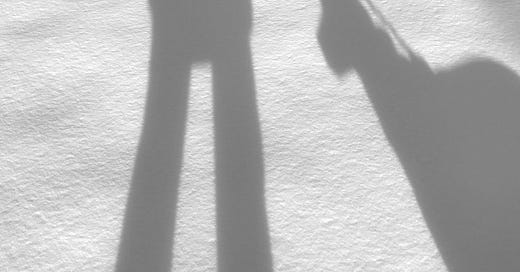



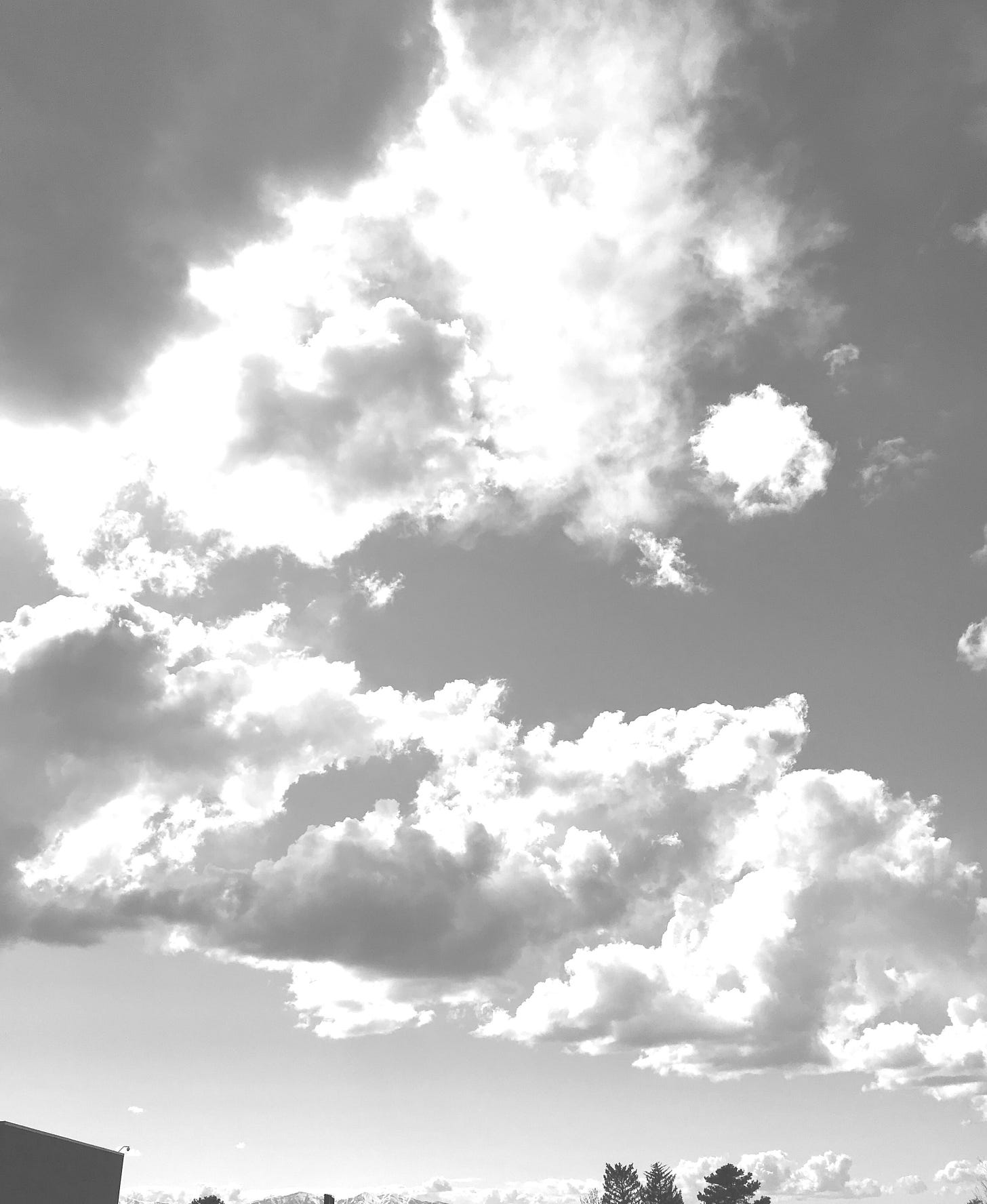
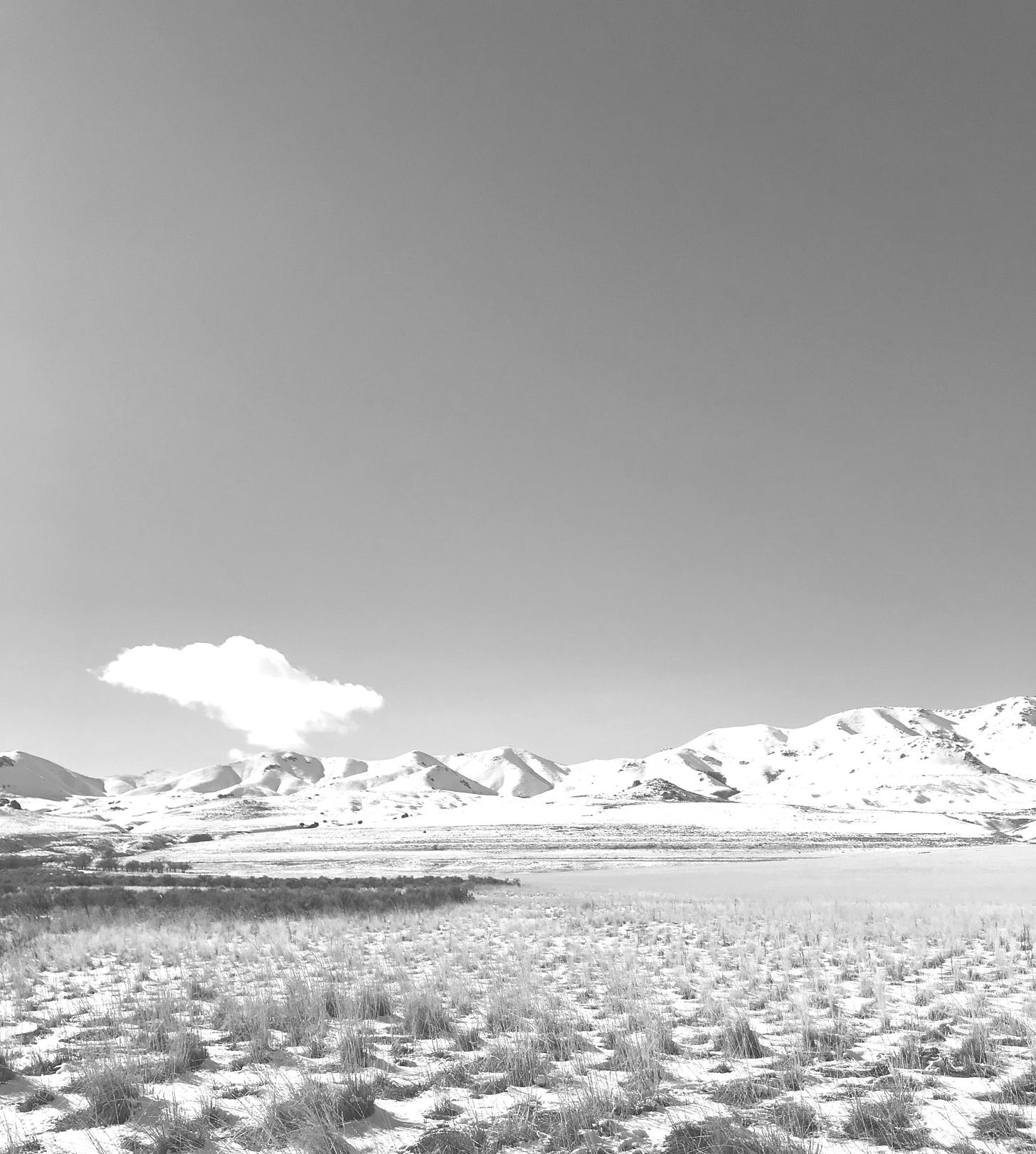
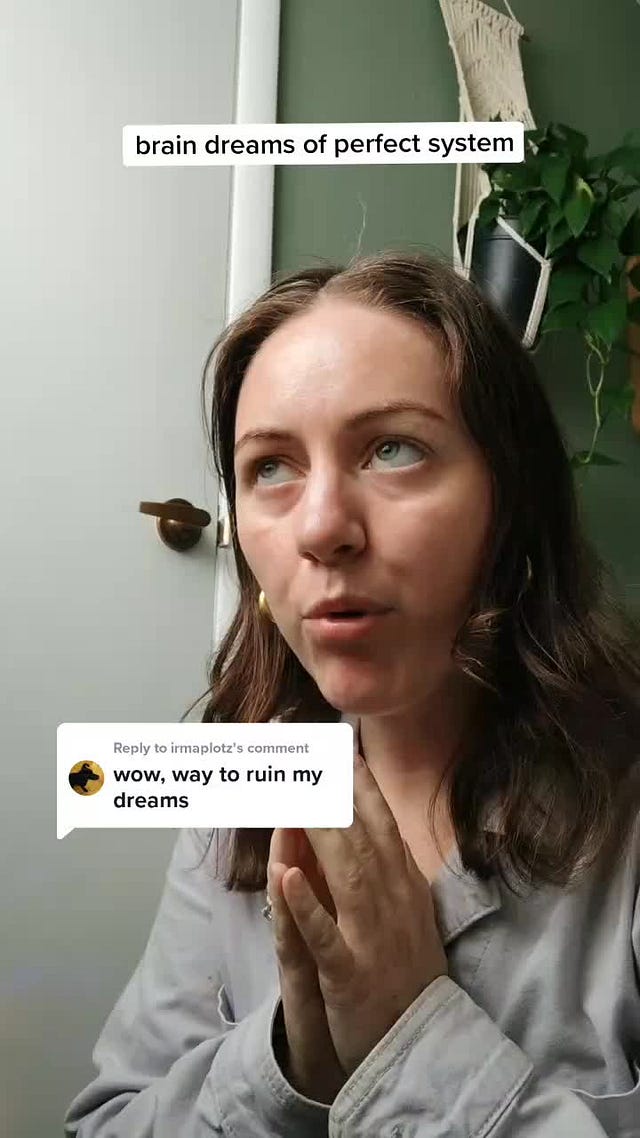

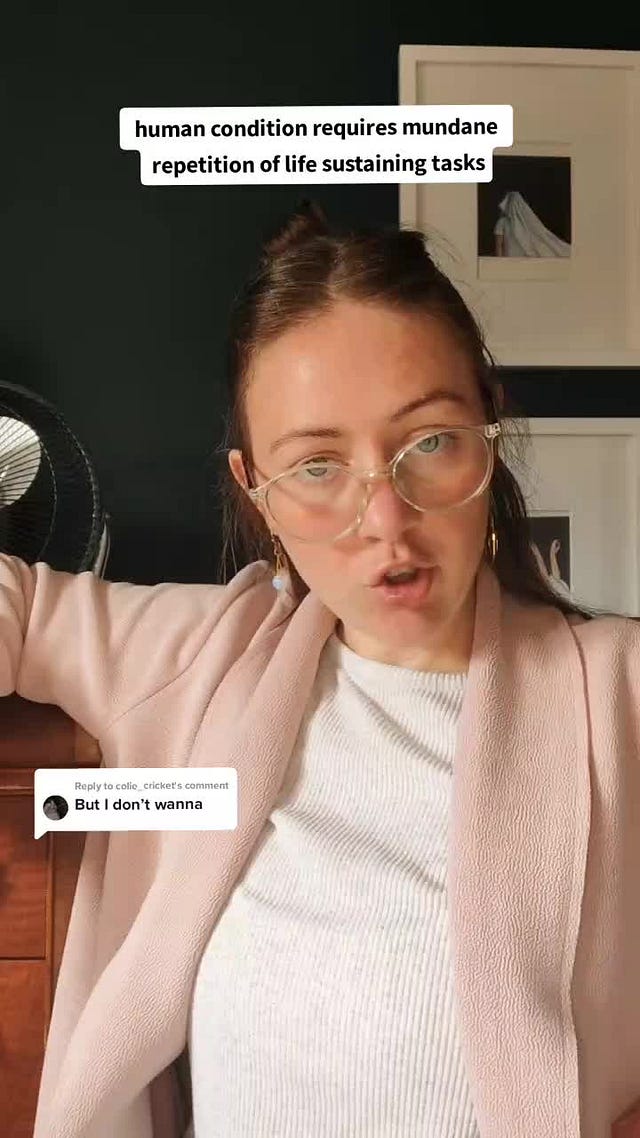



Lovely, insightful, and poetic amid the tough stuff. Thank you for sharing your brain and heart!